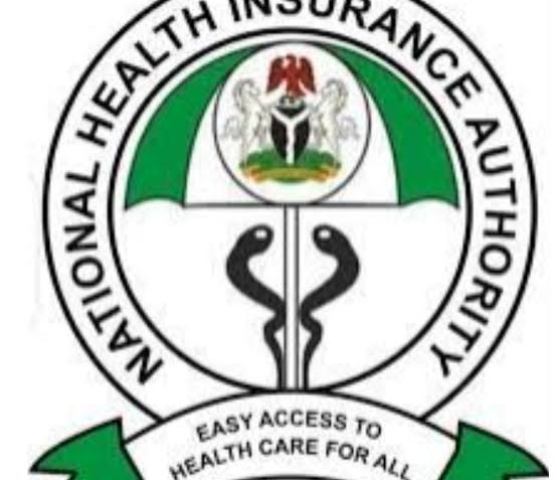The Executive Secretary of, the National Health Insurance Authority (NHIA), Prof. Mohammed Sambo, says that plans are on to ensure that NHIA-branded drugs are distributed to healthcare facilities and prescribed to NHIA enrolees.
He made the disclosure on Tuesday in Abuja, during the 17th edition of President Muhammadu Buhari’s administration scorecard series which featured the minister of health.
According to Sambo, the NHIA medicine supply initiative has been established and the committee is working to finalize the selection of companies that will be manufacturing drugs for Nigerians with NHIA branding.
He added that the initiative was made up of stakeholders in the process of drug manufacturing.
“This is so that manufacturers of drugs in Nigeria who have agreed will manufacture drugs with NHIA branding and it will be purchased and distributed to healthcare facilities and that is what will be prescribed to patients.
“With this, no one will say that the drugs they are given at healthcare facilities are fake or substandard and in the next few weeks this system will be in place.
“In the world, there is an essential drug list for health insurance, Nigeria also has such a list, which when it is being established, takes cognizance of the various prevailing health care challenges in the environment,” he said.
He also said that the drugs on that list would be generic, as no one would put branded names on the essential drugs list, because branded names were patents, but that scientifically, drugs had their own chemical constituents.
He, however, added that all the drugs that would be developed would be in that constituent and that any drug found in any healthcare facility would work the same way as branded drugs.
On the strength of health insurance in a growing economy like Nigeria, the secretary said that the power and potency of health insurance was the ability to pull resources by using cross-subsidization.
“What health insurance does is that it pulls risks and resources together so that people that cannot afford health insurance today can access health care.
“The resources of the rich and poor are put in one basket and the risks of the more vulnerable segment of the population are put in that one basket and the money in the pool is used to pay for the health care services for them when it is needed.
“As such there will be cross subsidization so that those who are more vulnerable to falling sick can benefit from the health insurance fund.
“Secondly the ability of health insurance to deliver services is contingent on the number of funds that are gathered which is largely sourced from the salary of the workers”, he said.
According to him, the pool of health insurance being gathered in Nigeria is a far cry from other countries because of the disparity in the minimum wage.
“What you gather is what will enable you to determine the service that you will deliver.
“So you will realize that in a developing country, the kind of services that you will purchase will match the amount of pool that you have gathered. Therefore, you cannot gather a small amount of money and expect a huge amount of services.
“We have to go with the level that we are developing.
“As we are developing, there is going to be an increase in fiscal space and economic growth and salary of workers and more contribution in the health insurance fund and that is how it will grow to a level that it will be able to cover everybody,” he said.
The News Agency of Nigeria (NAN) reports that the NHIA, formerly known as the National Health Insurance Scheme (NHIS), was established under NHIA Act 2022 by the Federal Government to improve access to quality and affordable healthcare for all Nigerians.








